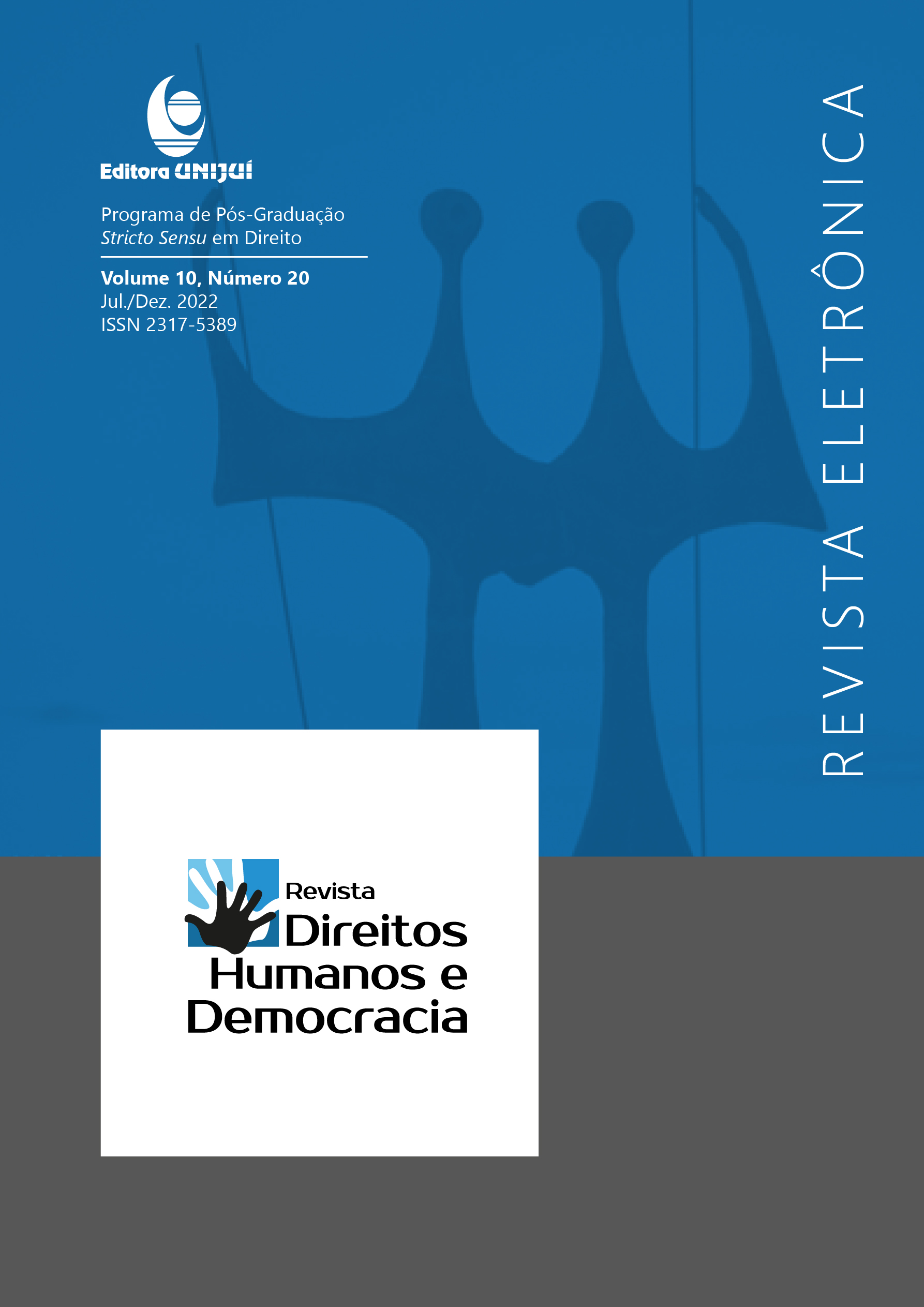Vaccination compulsory in light of the theory of fundamental rights
DOI:
https://doi.org/10.21527/2317-5389.2022.20.12500Keywords:
Covid-19, fundamental rights, mandatory vaccination, individual autonomy, collective healthAbstract
Compulsory vaccination has been a reality in Brazil since 1975, with the advent of Law 6.259/1975. With the recent authorization by ANVISA of the vaccines against Covid-19, the debate about the compulsory nature of the prophylactic measure has been rekindled, motivated especially by the growing movement of hesitancy to the vaccine. This study aims to try to build, amid the current context, minimum guidelines that can provide a democratic, plural and nonpartisan debate about the compulsory nature of vaccination against Covid-19 and the corresponding repercussion on fundamental rights. The research will use the deductive method, based on the examination of legal norms, books, scientific articles and judicial precedents. We conclude for the constitutionality of art. 3, inc. III, line "d", of Law 13.979/2020, when establishing the compulsory nature of vaccination against Covid-19, provided, however, that they are tested, certified, and approved by the competent organs and that the safety and efficacy requirements are met.
Downloads
Published
How to Cite
Issue
Section
License
Copyright (c) 2022 Revista Direitos Humanos e Democracia

This work is licensed under a Creative Commons Attribution 4.0 International License.
By publishing in the Revista Direitos Humanos e Democracia, authors agree to the following terms:
Articles are licensed under the Creative Commons Atribuição 4.0 Internacional (CC BY 4.0), which allows:
Share — copy and redistribute the material in any medium or format;
Adapt — remix, transform, and build upon the material for any purpose, including commercial use.
These permissions are irrevocable, provided the following terms are respected:
Attribution — authors must be properly credited, with a link to the license and indication of any modifications made;
No additional restrictions — no legal or technological measures may be applied that restrict the use permitted by the license.
Notices:
The license does not apply to elements in the public domain or covered by legal exceptions.
The license does not grant all rights required for specific uses (e.g., image rights, privacy, or moral rights).
The journal is not responsible for opinions expressed in the articles, which remain the sole responsibility of the authors. The Editor, with the support of the Editorial Committee, reserves the right to suggest or request modifications when necessary.
Only original scientific articles presenting research results of interest, not previously published or simultaneously submitted to another journal with the same purpose, will be accepted.
References to trademarks or specific products are intended solely for identification purposes and do not imply any promotional endorsement by the authors or the journal.
License Agreement: Authors retain copyright over their articles and grant the Revista Direitos Humanos e Democracia the right of first publication.













